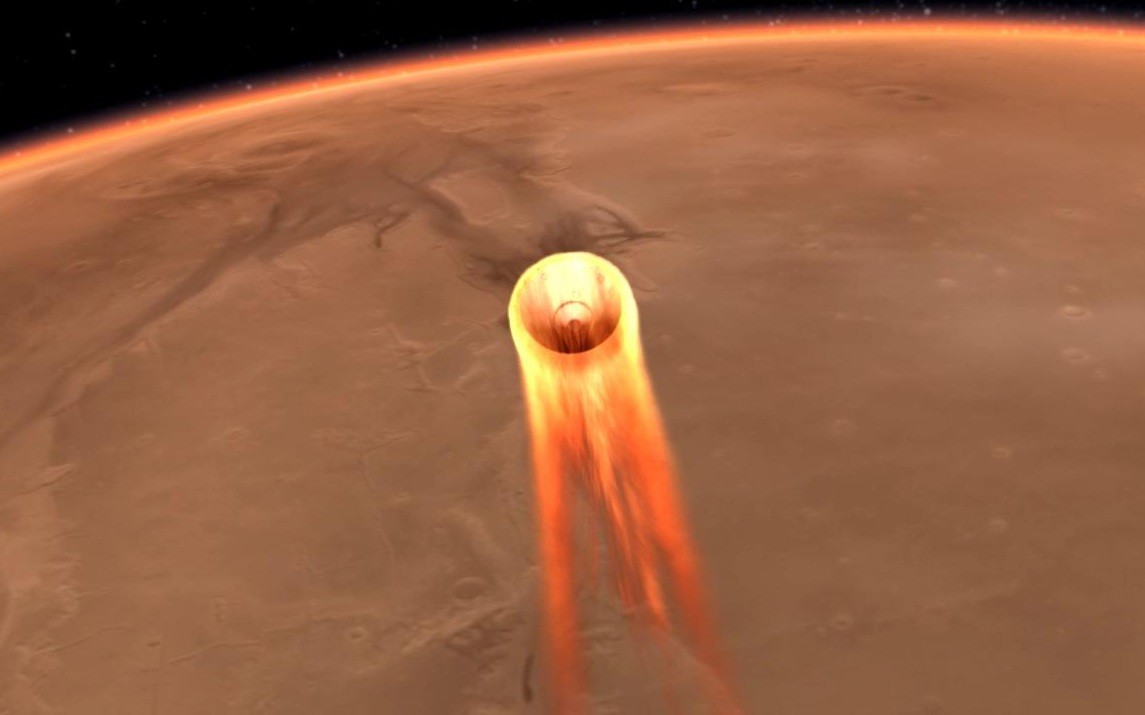Popular Reads
Top Results
Can't find what you're looking for?
View all search resultsPopular Reads
Top Results
Can't find what you're looking for?
View all search resultsFormer NASA astronaut says sending people to Mars 'almost ridiculous'
Change text size
Gift Premium Articles
to Anyone
One of the first astronauts to orbit the moon has said that sending crews to Mars would be "almost ridiculous."
Former NASA astronaut Bill Anders, 85, was the lunar module pilot of Apollo 8, the first manned spaceflight to leave low Earth orbit and travel in the moon orbit in December 1968. The mission was vital in paving the way for Apollo 11's historic moon landing seven months later.
In an interview with BBC Radio 5 Live, Anders said he is a "big supporter" of unmanned space programs, "mainly because they're much cheaper."
He said the public support simply isn't there to fund vastly more expensive human missions.
"What's the imperative? What's pushing us to go to Mars? I don't think the public is that interested," he said.
However, his fellow crewmate Frank Borman, the commander of Apollo 8, struck a slightly more optimistic tone.
Read also: NASA wants people on Mars within 25 years
"I'm not as critical of NASA as Bill is," he told BBC Radio 5 Live. "I firmly believe that we need robust exploration of our Solar System and I think man is part of that."
The two former astronauts spoke to BBC Radio 5 Live as part of a special documentary on the 50th anniversary of their historic lunar mission.
Up till now, NASA has deployed two rovers on the surface of Mars, namely Opportunity and Curiosity, which beam signals back to earth. Its most recent exploration on Mars is the landing of the InSight spacecraft on Nov. 26, which is designed to study the deep interior of the red planet.
"Now we finally will explore inside Mars and deepen our understanding of our terrestrial neighbor as NASA prepares to send human explorers deeper into the solar system," NASA said in a press release.











